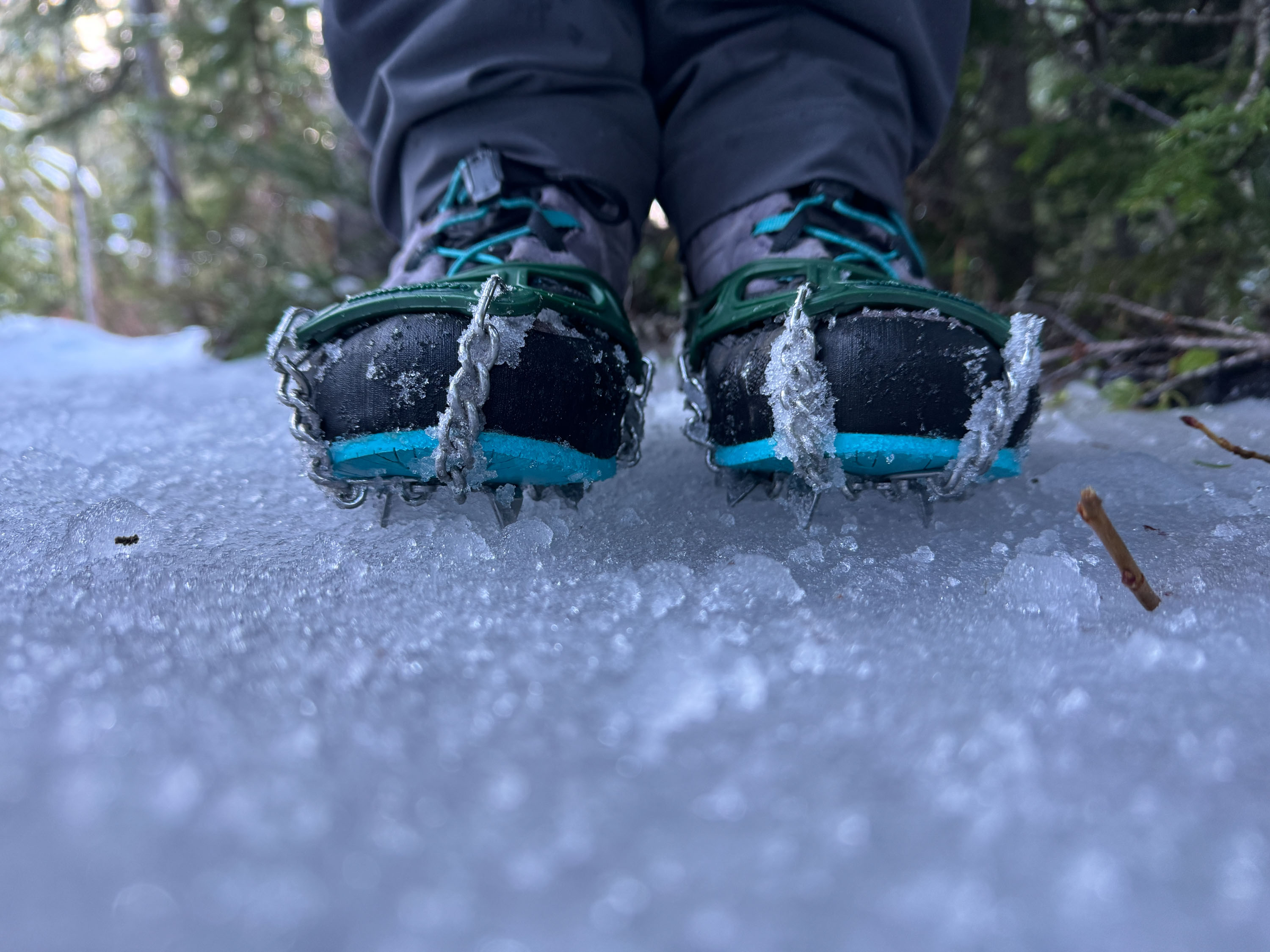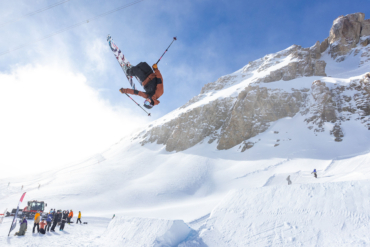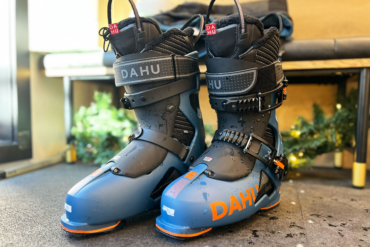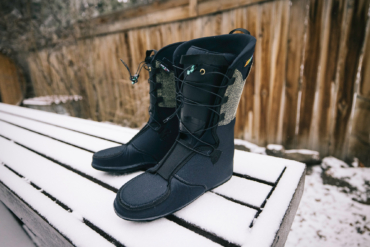As the literal “brainchild” of a Swedish neurosurgeon who formerly studied head injuries for the World Health Organization, a few years ago a company called MIPS AB introduced a new type of head protection to the helmet industry. Today, more companies are jumping on board, including bike and ski helmet makers who see the MIPS concept as a logical evolution in the refinement of products made to protect the brain.

MIPS stands for “multi-directional impact protection system,” and the company touts its technology as mimicking one of the body’s natural defenses against trauma. The brain is surrounded by a “low-friction cushion of cerebrospinal fluid,” MIPS literature notes, adding that its technology imitates the brain’s way of protecting itself by giving the helmet its own “low-friction layer” between the outer shell and the liner. This layer, which is a plastic insert, absorbs energy created in a fall and better protects the brain, MIPS claims.
Normal helmets are designed to protect from blunt force. MIPS’ design protects from glancing blows or “oblique falls” where you hit your head on the side in a tumble.
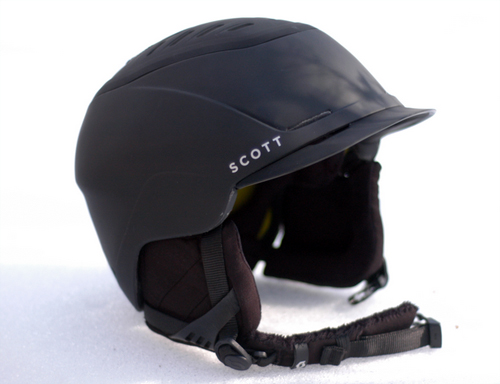
We got our hands on one of the helmets, a snowsports model made by Scott, and took a look. The yellow plastic of the internal MIPS system is clearly visible inside. When placed on the head, the MIPS insert is noticeable — there are pads that press against the head. Under a bit of force, the outside of the helmet (the shell) will shift and rotate a bit while the internal pads remain tightly in place against the scalp, ostensibly protecting from injury that can be caused with rotation in a crash.
Scott is one of several brands banking on MIPS. The company introduced two helmets this winter for debut in shops mid-year. The helmet we tested, the $175 Scott Rove MIPS, looks like a normal snowsports hard hat. Scott advertises it as a high-end freeride helmet, and it weighs in at about 19 ounces, which is average for this helmet type. Like other helmets of its kind, the Rove has a removable visor, air vents, ear covers, and a turn-to-tighten adjustment system on back for fit.
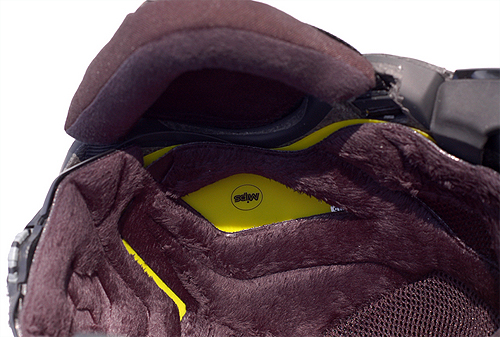
MIPS, first embraced by equestrian helmets, is now seen in ski and bike helmets by POC, Burton, Sweet Protection, TSG, Lazer and others.
While MIPS is no panacea in crash protection, the system seems to be a good next step. More companies are embracing the technology, making it possible to get even better protection in a crash. Try one this year if you’re concerned about head injuries in your sport. Your brain will thank you.
—Sean McCoy is a contributing writer for GearJunkie. He is a recent transplant to Denver after a decade living in the Caribbean, where he served as an editor at the Virgin Islands Daily News.


